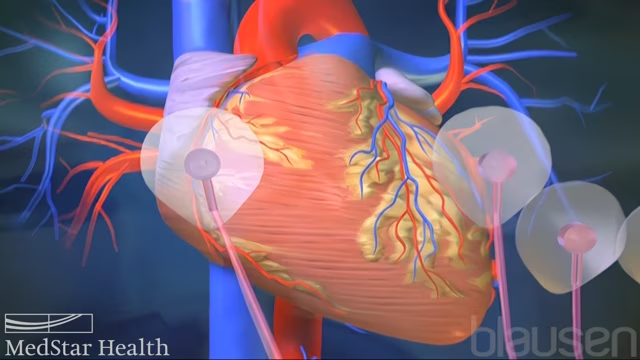Stress testing evaluates the heart’s response while a person walks on a treadmill or pedals a stationary bike, and monitoring equipment records data throughout the process. This structured approach offers a straightforward method for observing cardiovascular performance in a controlled setting. Information from these evaluations can support early identification of irregularities and assist with individualized wellness planning. Here are some advantages of stress testing for detecting heart disease:
Examining the Heart’s Response During Exercise
During exercise, the heart’s workload increases as it supplies oxygen-rich blood to active muscles. Monitoring blood pressure, heart rate, and electrical activity throughout the process provides measurable data on cardiovascular function. Reviewing these measurements helps provide a baseline understanding of a person’s heart health.
Identifying Early Patterns and Risk Factors
Some irregularities, like arrhythmias or reduced blood flow, may only appear during physical exertion, so observing the heart under realistic conditions helps identify these issues sooner. The stress testing process provides a valuable way to identify concerns that warrant further investigation. Individuals with a family history of cardiovascular issues or other risk elements may especially benefit from knowing these early patterns. Identifying these markers allows individuals to contemplate informed decisions about daily routines and wellness.
Supporting Lifestyle and Activity Planning
Information collected during stress tests offers practical insights for developing tailored activity plans. Knowing individual exercise capacity, such as safe heart rate ranges and endurance thresholds, is useful for setting achievable physical goals. Structured exercise routines built on these findings may be more effective and safer because they are aligned with one’s personal limits and strengths. Whether aiming to maintain current fitness or enhance it gradually, using the outcomes from stress tests as a framework is a key strategy.
A summary of practical applications includes:
- Adjusting fitness routines based on personal exertion limits.
- Establishing appropriate levels of daily physical activity.
- Identifying safe intensities for new or more challenging exercises.
- Monitoring progress over time to adapt routines as fitness improves.
Enhancing Healthcare Planning
Stress testing supplies quantifiable data that healthcare professionals use to inform broader health assessments and resource allocation. The measurements obtained from the test may serve as a benchmark for future evaluations. They provide a structured point of reference for comparison over time. This approach facilitates the tracking of cardiovascular function, and it helps identify changes or trends that might prompt further assessment.
Test outcomes contribute to clinical recordkeeping, supporting continuity of care across different settings and providers. They are also helpful for individuals seeking to take an active role in their ongoing health management. With a clearer understanding, individuals may contemplate adjustments to routine or lifestyle grounded in objective information.
Learn More About Stress Testing
Stress testing provides valuable insights into how the heart responds to physical activity. The test helps identify irregularities early, and it can supply data to guide informed lifestyle and activity choices. Cardiovascular experts help you prepare by reviewing your medical history, explaining the procedure, and guiding safe exercise during the test. To learn more about your cardiovascular health, schedule a consultation with a professional today.
